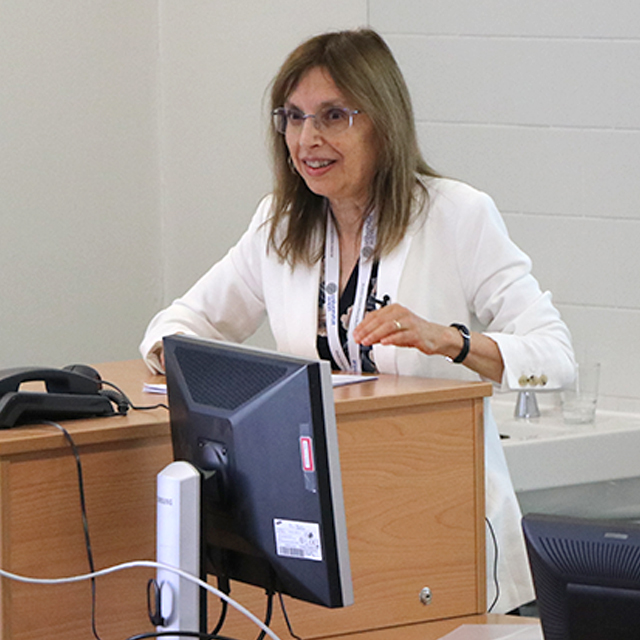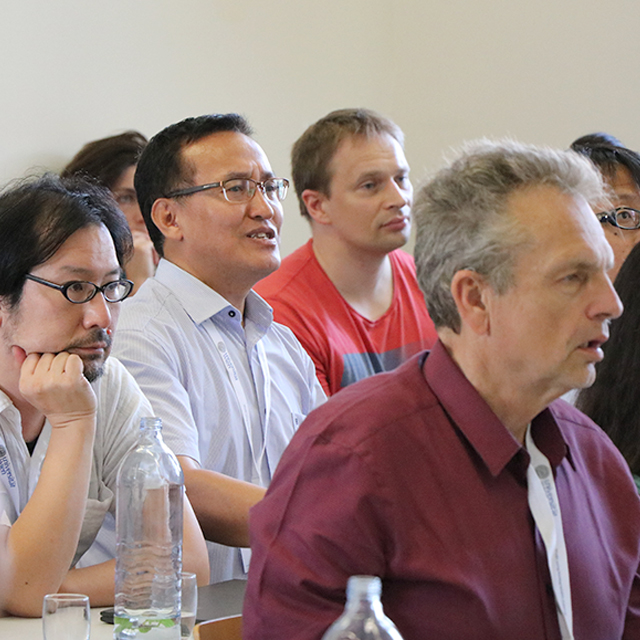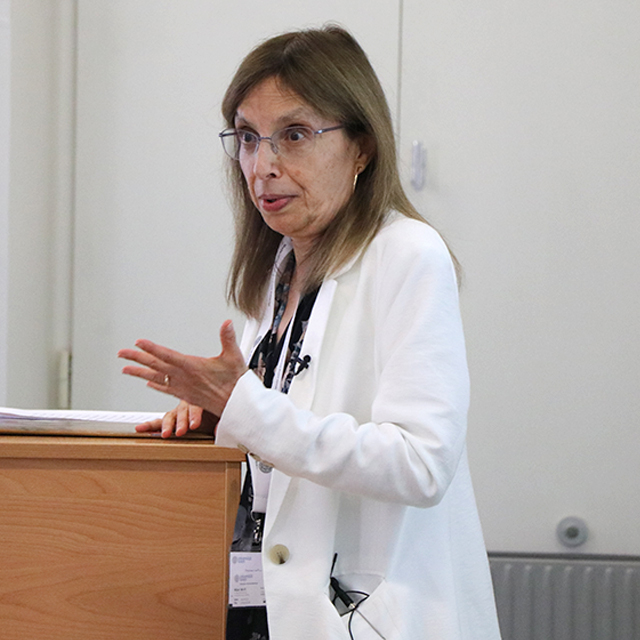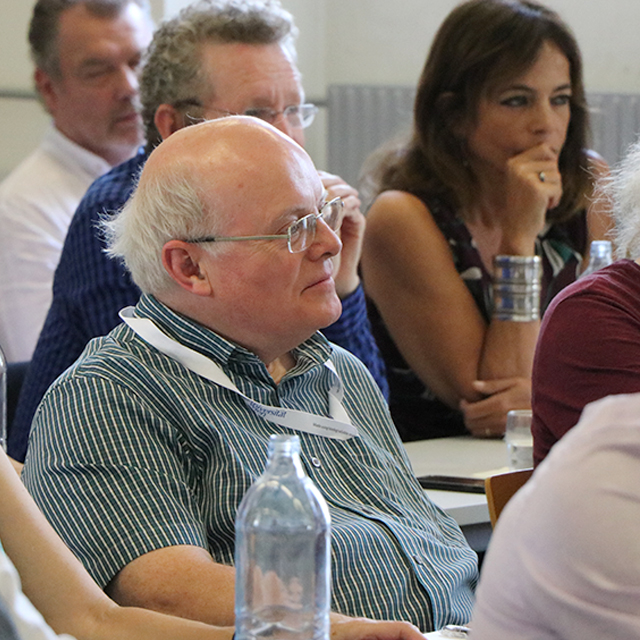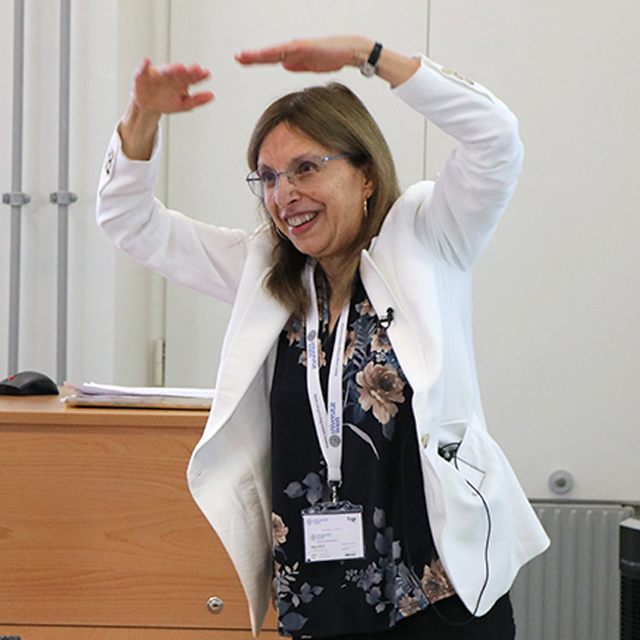From Buddha Nature to Original Enlightenment “Contemplating Suchness” in Medieval Japan
Most theories of buddha-nature circulating in medieval Japan entailed the proposition that all phenomena, being empty, are nondual and mutually inclusive, each encompassing and pervading all others without losing its individual character; thus the “buddha” is somehow present in ordinary beings. To many Buddhist thinkers, this suggested the possibility that buddhahood could be attained quickly. “Realizing buddhahood with this very body” (sokushin jōbutsu)—what it might mean, its preconditions, and the practices for achieving it—was vociferously debated. Concern for rapid attainment culminated in the Tendai Buddhist doctrine of original enlightenment (hongaku hōmon), which asserts that buddhahood is not a goal at all but the true status of all things: Suffering arises from the failure to realize this, while liberation lies in the insight, or even the faith, that one is buddha already. Hongaku thought has often been disparaged in modern scholarship as an uncritical world affirmation that, in valorizing all phenomena as expressions of original enlightenment, in effect negated the need for practice and legitimated sinful acts. It is more accurately understood, however, as a radical inversion of practice and attainment: buddhahood is not a future achievement but inherent from the outset, and practice is not a means to realize buddhahood but its paradigmatic expression. This paper will examine how original enlightenment thought grew out of major strands of East Asian Mahāyāna thinking about buddha-nature. It will also illustrate some of its defining features as seen through a twelfth-century text known as Shinnyo kan (“Contemplation of Suchness”), which asserts that buddhahood lies precisely in contemplating self and others—humans and animals, pebbles and trees—as buddhas, just as they are.
Event: Vienna Symposium 2019 – Paper Presentation
Date: July 19, 2019 – 11:45 am
Speaker: Jacqueline Stone
Topics: Buddha Nature, Hongaku, Japan

Jacqueline Stone
Princeton University
Jacqueline Stone joined the Princeton faculty in 1990. She teaches graduate and undergraduate courses in Buddhism and Japanese religions. Her chief research field is Japanese Buddhism of the medieval and modern periods. Her current research areas include death and dying in Buddhist cultures, Buddhism and nationalism, and traditions of the Lotus Sutra, particularly Tendai and Nichiren. She is the author of Original Enlightenment and the Transformation of Medieval Japanese Buddhism, which received a 2001 American Academy of Religion Award for Excellence in the Study of Religion. She has co-edited The Buddhist Dead: Practices, Discourses, Representations (with Bryan J. Cuevas, 2007), Readings of the Lotus Sutra (with Stephen F. Teiser, 2009), and other volumes of collected essays. Her newest book, Right Thoughts at the Last Moment: Buddhism and Deathbed Practices in Early Medieval Japan (working title), is forthcoming from University of Hawai'i Press. She has been president of the Society for the Study of Japanese Religions and co-chair of the Buddhism section of the American Academy of Religion. Currently she is vice president of the editorial board of the Kuroda Institute for the Study of Buddhism and serves on the advisory board of the Japanese Journal of Religious Studies.

